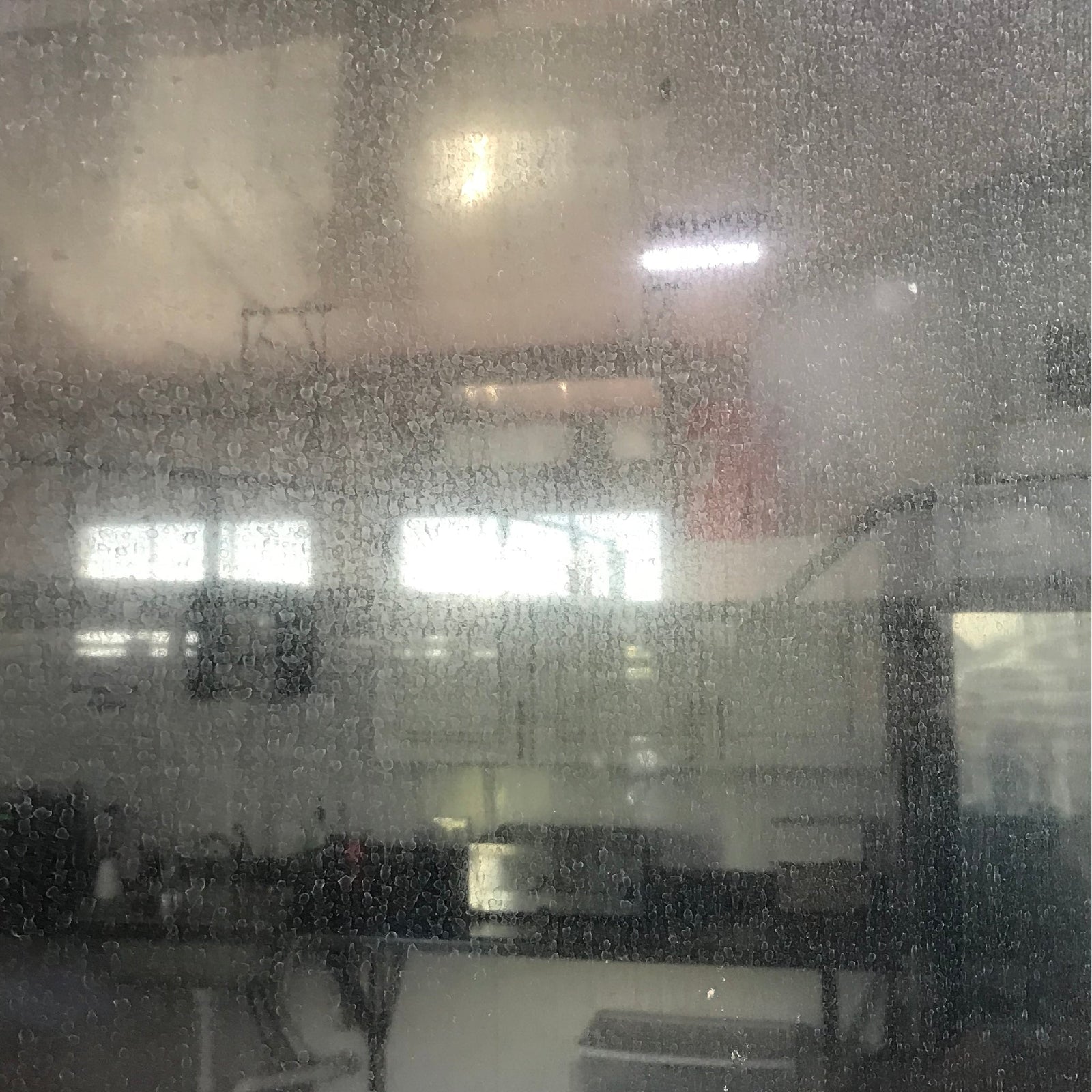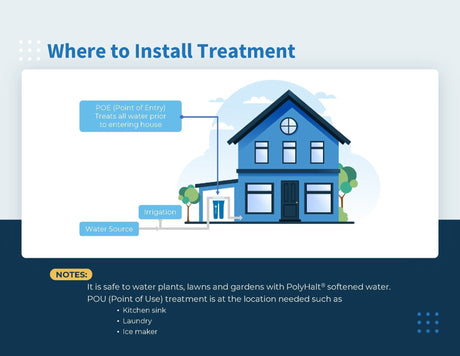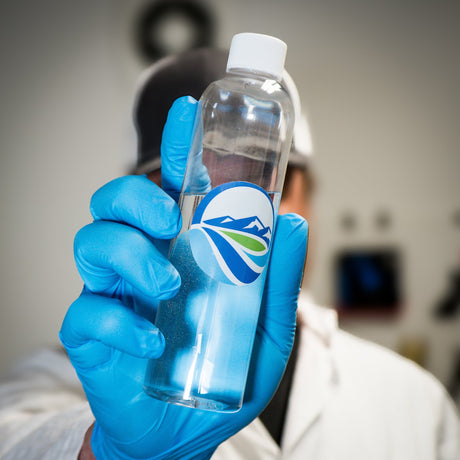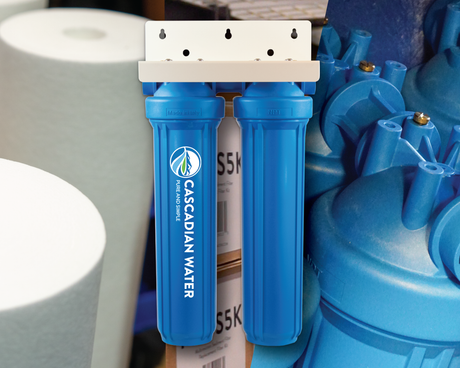How to fix white spots that can't be removed even after a water softener is installed
Have you ever wondered about that irritating white film around your house? Often visible on shower doors, appliances, glassware, and faucets, this build-up is typically due to hardness, the presence of calcium, and magnesium. Most homeowners find relief from this issue by using a water softener. But what if the problem persists even after softening? Well, chances are, you're dealing with Silica Spots.
Understanding Silica Spots
Silicon Dioxide, also known as Silica (SiO2), is an oxide of silicon, the second most abundant element on earth. This naturally occurring compound is ubiquitous in our environment, found in foods like strawberries, avocados, onions, root vegetables, wheat, and oats. It's also present in nature in sand, sandstone, quartz, flint, agate, and granite.
There are diverse views regarding the health impact of silica. While some studies assert its benefits for bone, cartilage, hair, and nail growth, others suggest it has no nutritional value. Regardless, it is generally agreed upon that silica does not harm the human body, which is why it remains unregulated by the Environmental Protection Agency (EPA).
Forms of Silica in Water Supply
In a water supply, silica can exist in three forms: dissolved, particulate, or colloidal. A colloid is a very fine suspended particle that doesn't settle easily. When present in high concentrations, silica can form hard white scale deposits.
Identification of Silica Spots
So how can you confirm if the stubborn white film in your home is due to silica? It's simple - just use the vinegar test! Wipe the affected area with white vinegar. If the vinegar removes the scale or film, the problem is likely hardness. However, if vinegar doesn't clean the area, you're probably dealing with silica spots.
Treatment of Silica Spots
Treating silica spots depends on the form it takes. If the silica is in a particulate form, simple filtration may suffice. If it's in a colloidal form, chemical addition, such as magnesium salts, may be required, followed by filtration or a reverse osmosis (RO) system.
Water Treatment Systems for Silica
Here's the catch though - a salt-based softener is ineffective against silica. Thus, despite softening your water, the problem remains. What you need is a treatment designed specifically for silica. This is where our ICS systems with PolyHalt® step in. Designed to treat both hardness and silica, these systems are highly recommended to protect downstream flow and appliances, including water heaters, dishwashers, washing machines, and ice makers. ICS systems are small, cartridge-based water treatment systems that are convenient, easy to install, and maintain.
Conclusion
In conclusion, dealing with silica spots may seem daunting at first, but with the right knowledge and tools, it is a manageable task. Remember to identify the problem correctly using the vinegar test and choose an appropriate treatment based on the form of silica. Above all, trust in efficient water treatment systems like the ICS system with PolyHalt® to protect your home from the pesky silica spots.
FAQs
-
What is the white build-up on my shower doors and appliances? The white build-up could be due to hardness or silica spots.
-
How can I identify silica spots at home? You can identify silica spots using the vinegar test.
-
What can I do if the vinegar test confirms the presence of silica spots? If you have silica spots, you should consider getting a water treatment system designed specifically for silica, such as an ICS system with PolyHalt®.
-
Are silica spots harmful to health? While studies on silica's nutritional value are varied, it is generally agreed that silica is not harmful to the human body.
-
Why can't a salt-based water softener treat silica spots? A salt-based softener cannot treat silica spots because it is designed to address hardness (calcium and magnesium), not silica.









